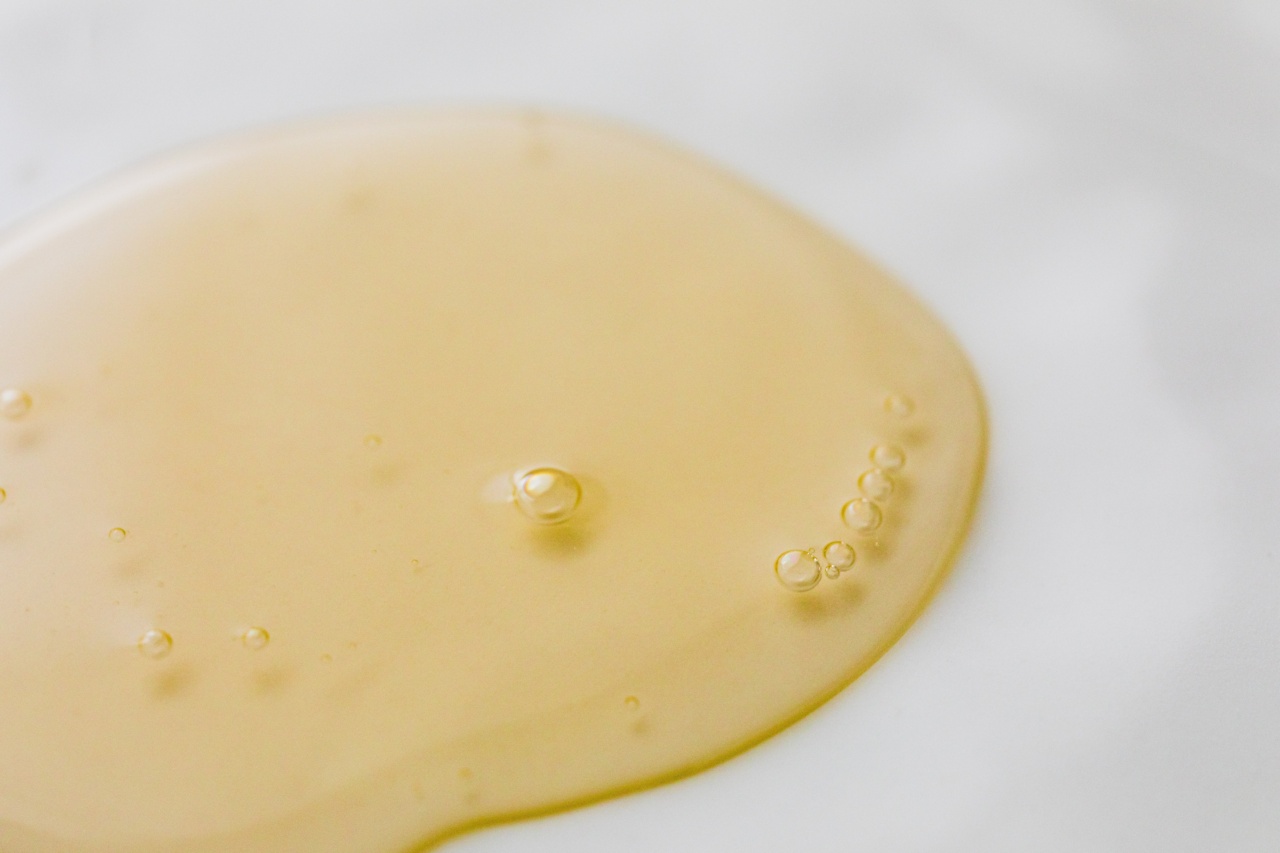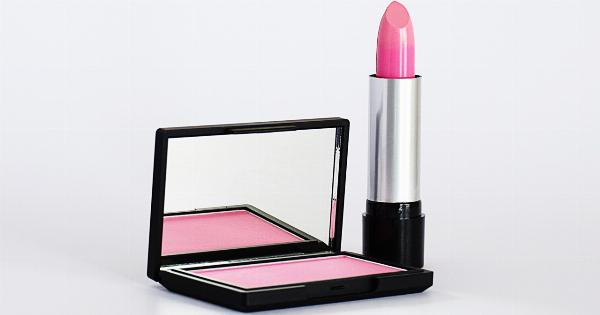Have you ever wondered what the ingredients are in your favorite lotion or shampoo? You may have noticed a term called “parabens” listed on the label. But what exactly are parabens and why are they in our personal care products?.
What are Parabens?
Parabens are a type of preservative that are added to personal care products such as lotion, shampoo, makeup, and deodorant. They are used to prevent the growth of bacteria, mold, and yeast that can contaminate the product.
There are several different types of parabens, including methylparaben, propylparaben, butylparaben, and ethylparaben. They are typically added in small amounts, with concentration levels ranging from 0.01% to 0.3%.
Why are Parabens Used in Personal Care Products?
Parabens are commonly used in personal care products because they are effective preservatives that help to prevent the growth of harmful bacteria and fungi. This helps to extend the shelf life of the product and prevent it from spoiling.
They are also used because they are relatively inexpensive, odorless, and colorless. This makes them an attractive option for manufacturers who want to reduce costs and maintain the product’s appearance and scent.
The Controversy Surrounding Parabens
There has been some controversy surrounding the use of parabens in personal care products. Some studies have suggested that parabens may have estrogenic activity, which means that they can mimic the hormone estrogen in the body.
This has raised concerns that parabens may contribute to breast cancer, since breast tumors are often estrogen-sensitive.
However, the evidence linking parabens to breast cancer is inconclusive, and more research is needed to determine if there is a strong association.
Additionally, parabens have been found in trace amounts in breast cancer tissue, but it is unclear whether they played a role in the development of the cancer or if they were simply present in the tissue as a result of exposure to personal care products.
Alternatives to Parabens
Due to the controversy surrounding parabens, many people are concerned about their use in personal care products. As a result, some manufacturers are choosing to use alternative preservatives in their products.
Some common alternatives to parabens include phenoxyethanol, potassium sorbate, and sodium benzoate.
These preservatives are also effective at preventing the growth of bacteria, and they have not been associated with the same health concerns as parabens.
Conclusion
While there is still debate about the safety of parabens, it is important to be aware of the ingredients in the personal care products that we use every day.
Ultimately, the choice of whether or not to use products that contain parabens is up to each individual.
However, if you are concerned about the potential health risks associated with parabens, there are many alternative products available that do not contain these preservatives.
It is always a good idea to read the labels carefully and do your own research to make informed decisions about the products you use.


























